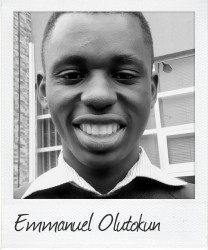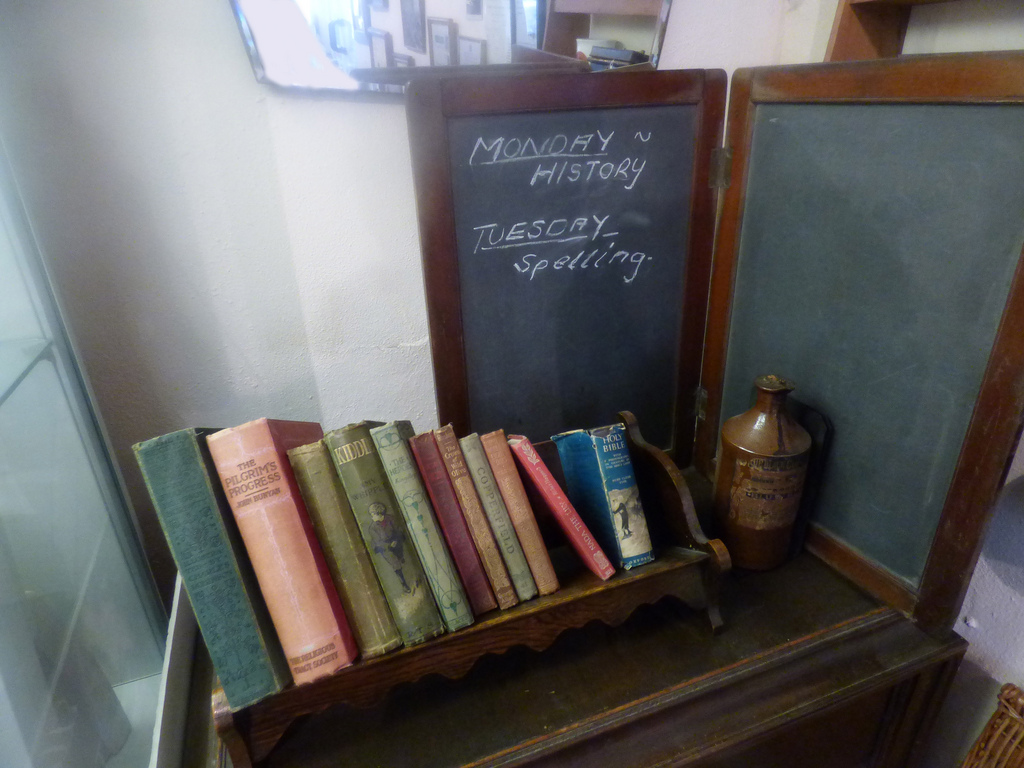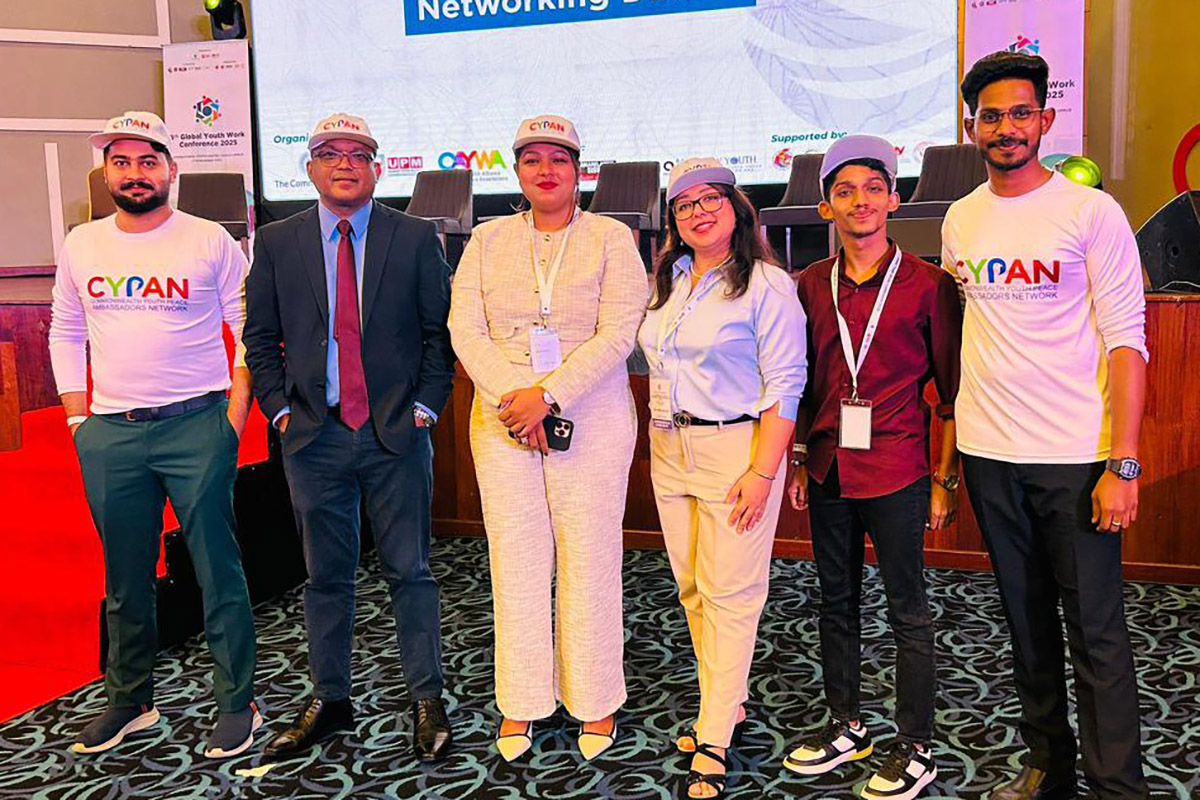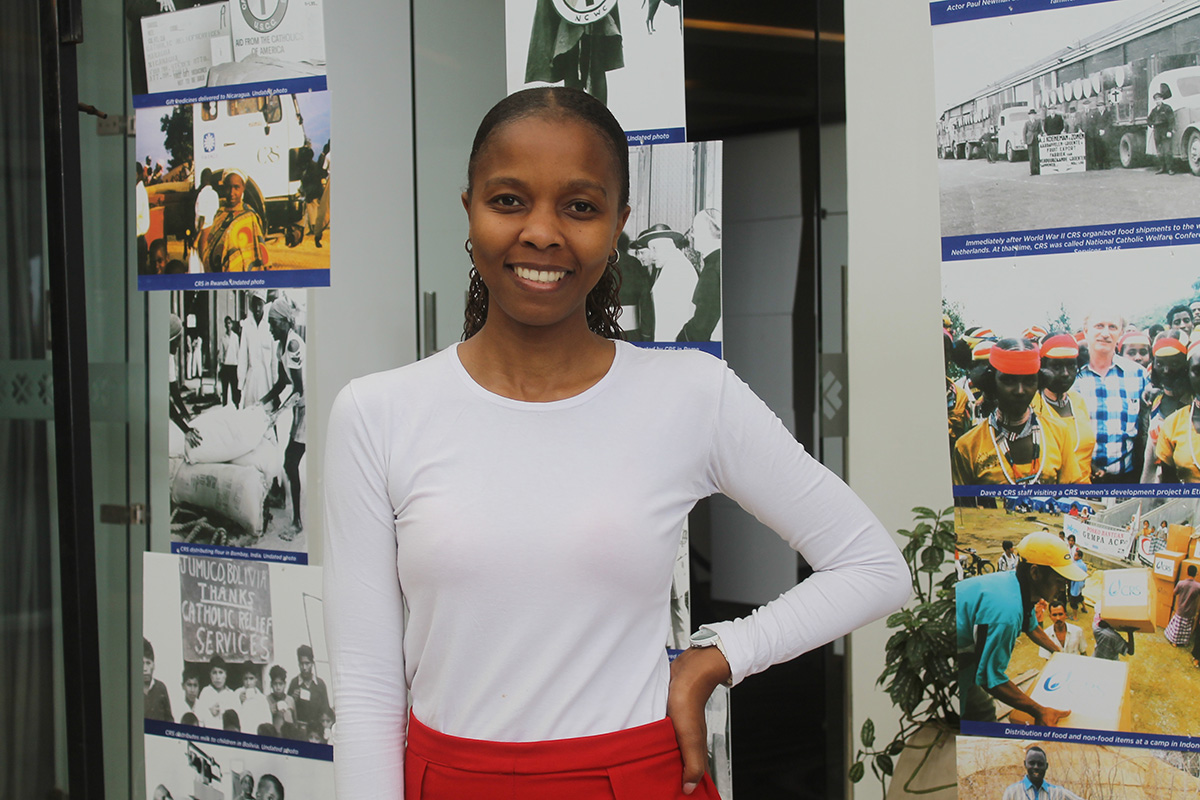“Six years without history can hurt society”
December 2 History has returned to Nigeria’s school curriculum, but Emmanuel Olutokun, 23, a Correspondent from Lagos in Nigeria, underlines the damage done by its absence and the importance of the subject for the country and its citizens.
History has returned to Nigeria’s school curriculum, but Emmanuel Olutokun, 23, a Correspondent from Lagos in Nigeria, underlines the damage done by its absence and the importance of the subject for the country and its citizens.
One of my favourite sentiments this year would be “those who are oblivious of history are doomed to make the same mistake”. This is largely because they are void of guides, instructions and experiences to help shape their present decisions.
In 2010, the federal government of Nigeria decided to suspend the teaching of history as a subject in schools. Its reason was that students shunned history and there were very few job opportunities for history graduates in the labour market.
As good, harmless and sensible as this reason may look, it does not stand a chance when placed on the same pedestal with the adverse effect expunging it might have.
Primary amongst them is the effect on the younger generation. A child loses a great deal when he/she has not the slightest idea about the foundation of the country, formation of it people, heroes that fought bravely and courageously for freedom. It is particularly disturbing if such a child is exposed to basic information from a third party or at a moment when it is least appreciated.
Growing up for me was particularly fun and enlightening because my mother’s favourite subject while in high school was history. She spoke so passionately and intensely about the history of Nigeria and Africa: the good, the bad and the funny. In fact, this was very instrumental in my decision to be in the arts while in high school, but to my utter dismay and chagrin, it was unavailable and we eventually graduated without ever having a history class or seeing a history curriculum.
A country that is not invested in teaching the younger generations about the history, ideals, morals and structure upon which the nation is built risks churning out half-baked citizens who are ignorant and do not value the rich cultural journey of the nation.
A cursory look into the history of Nigeria shows that there have been valiant men, brave and courageous people like Nnamdi Azikwe, Obafemi Awolowo, Tafawa Balewa, and a whole lot of others who without vested interest were committed to the development and progress of the nation.
Youths can learn one or two things from these Nigerian heroes and emulate their public servitude. Like an aggrieved citizen put it, “A people who do not know where they are coming from, how can they truly know where they are headed?”
Over the last two months I have sunk deep into the voluminous work of a celebrated Nigerian scholar, Chinua Achebe, where he recounts his personal experience of the Nigerian Civil War, the political actors and how Nigerians can avoid such implosion. The book gives you a reason to value and appreciate the history of Nigeria and ultimately contribute to the development of the people.
There was a sigh of relief when, recently, the new Nigerian Minister of Education announced that there would be the re-introduction of history as a subject in schools. This re-introduction would give the Nigerian child a self-identity of who he or she really is.
According to him, Nigeria owes present and future generations the responsibility of removing all inhibitions against opportunities of acquiring ethics and morals as taught in religious traditions.
It is only our study of history, our own history, that can explain and give meaning to our very humanity. That is why we must study it and teach our little ones.
While this is a quite commendable move, I look forward to a situation where our educational system is not politicised and it is void of mood swing policies. The history of a country should be effectively communicated to the budding generations for, as George Orwell puts it, “The most effective way to destroy people is to deny and obliterate their own understanding of their history”.
Photo credit: ell brown Birmingham Heritage Week – The Pen Museum – The Argent Centre, 60 Frederick Street, Jewellery Quarter, Birmingham – books and blackboard via photopin (license)
…………………………………………………………………………………………………………………
About me: I am a brand enthusiast, writer and a passionate believer in the strength of the African youths as a change agent.
I am the 2014 award recipient of the ADVAN Future Leader in Marketing and a 2016 Ashoka ChangeMaker Scholar.
…………………………………………………………………………………………………………………
Opinions expressed in this article are those of the author and do not necessarily represent the views of the Commonwealth Youth Programme. Articles are published in a spirit of dialogue, respect and understanding. If you disagree, why not submit a response?
To learn more about becoming a Commonwealth Correspondent please visit: http://www.yourcommonwealth.org/submit-articles/
………………………………………………………………………………………………………………
By Olutokun Emmanuel.






